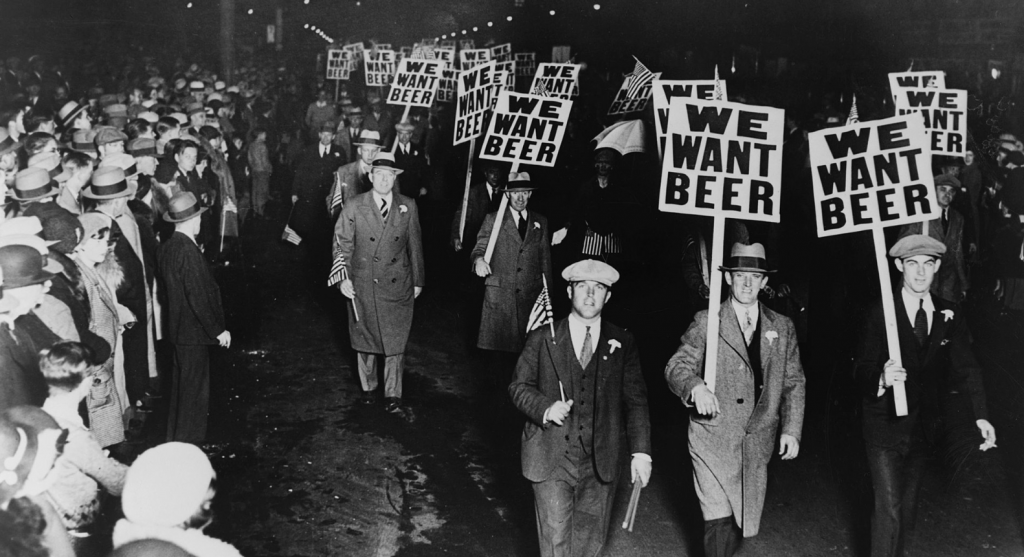A new bill introduced by Senator Mike Lee aims to redefine obscenity laws and effectively make most online pornography illegal across the United States. Supporters say it’s a long-overdue step toward cleaning up the internet and protecting public morality, especially minors. But whether one agrees or disagrees with the nature of adult content, there’s a much bigger question at play: would banning porn even work?
If history is any guide, prohibition rarely eliminates demand—it just drives it underground. From alcohol in the 1920s to marijuana more recently, black markets tend to thrive when legal access is cut off. The same principle could apply to porn. A sweeping ban could trigger an explosion in unregulated, encrypted content, making it harder to monitor, more extreme, and far riskier for vulnerable users. Law enforcement, already stretched thin, would face a near-impossible task trying to contain it.

Critics of the bill warn that a national porn ban might also push everyday internet users toward illegal sites, VPN workarounds, and darknet platforms—places far less accountable and far more dangerous than today’s mainstream platforms. Worse still, it could inadvertently create a legal and technological environment where illegal or non-consensual content is harder to detect, not easier.
This isn’t a debate about the moral value of porn itself. Even those who dislike or abstain from it—on personal, religious, or ethical grounds—can acknowledge that bans often don’t erase behavior. They just change where it happens. If the goal is to reduce harm, boost accountability, and protect users—especially young ones—a blanket ban may not be the answer. Regulation and education, however uncomfortable they may be, have historically worked better than prohibition.




